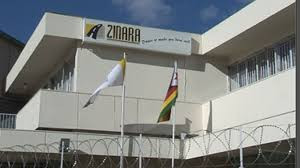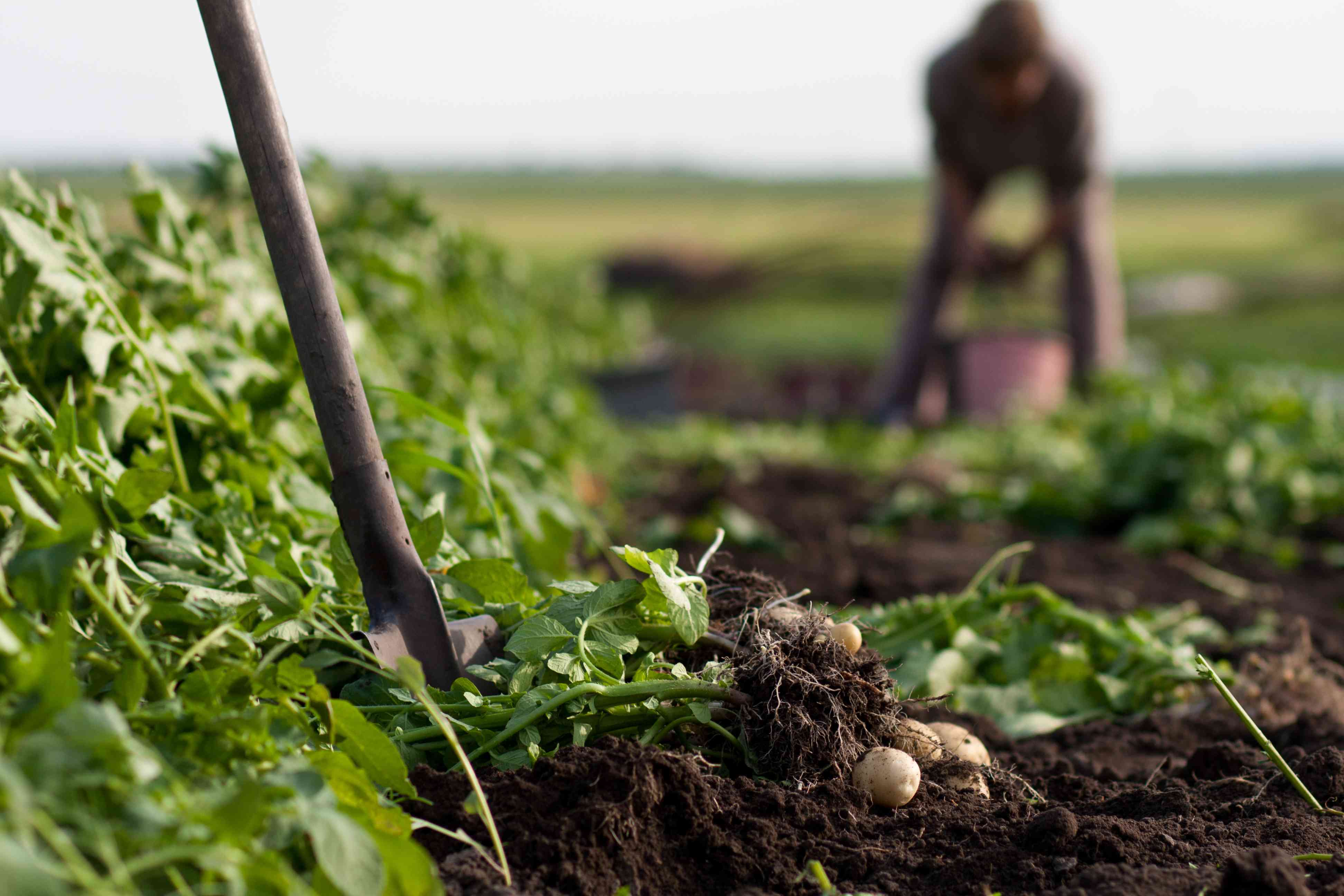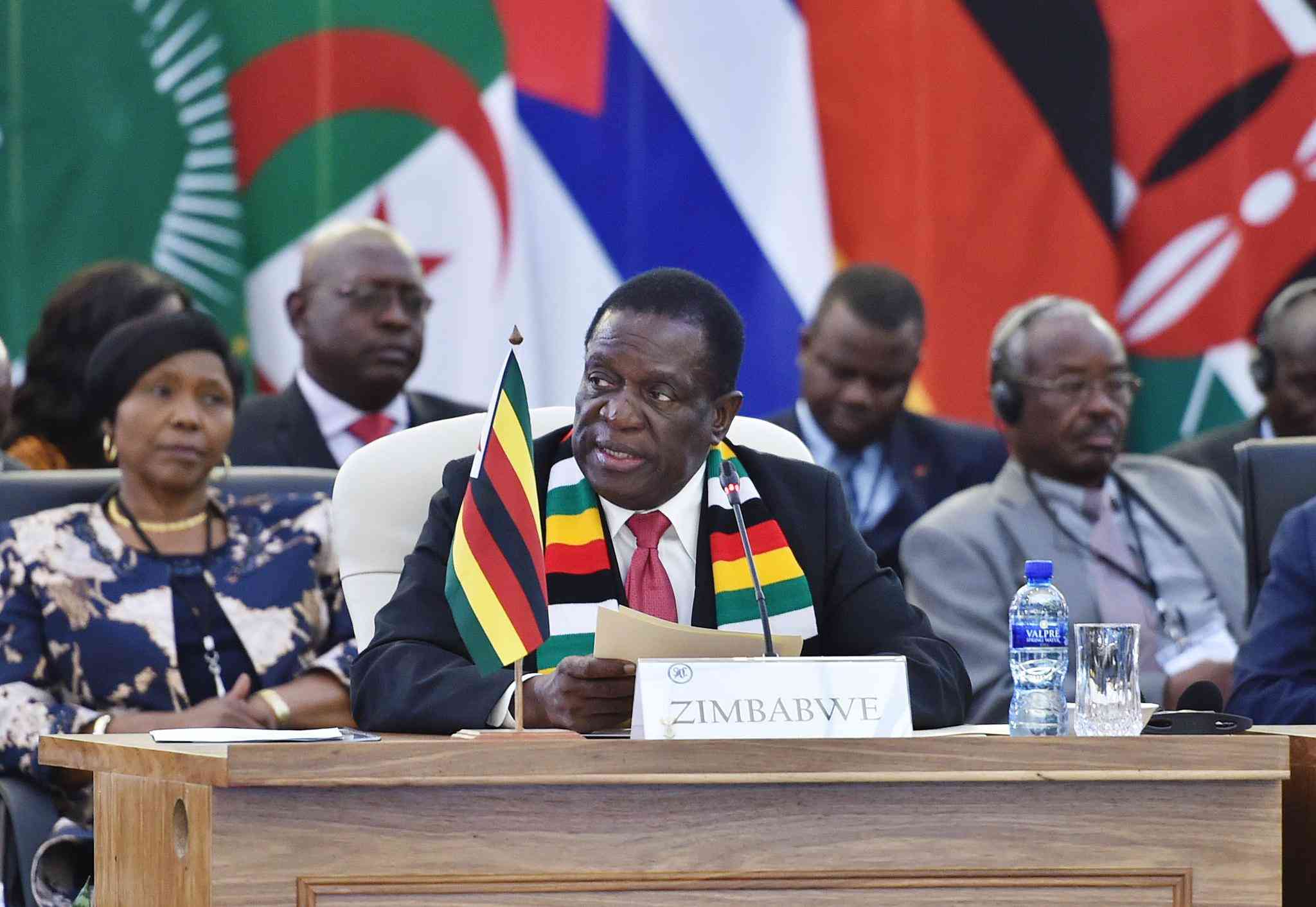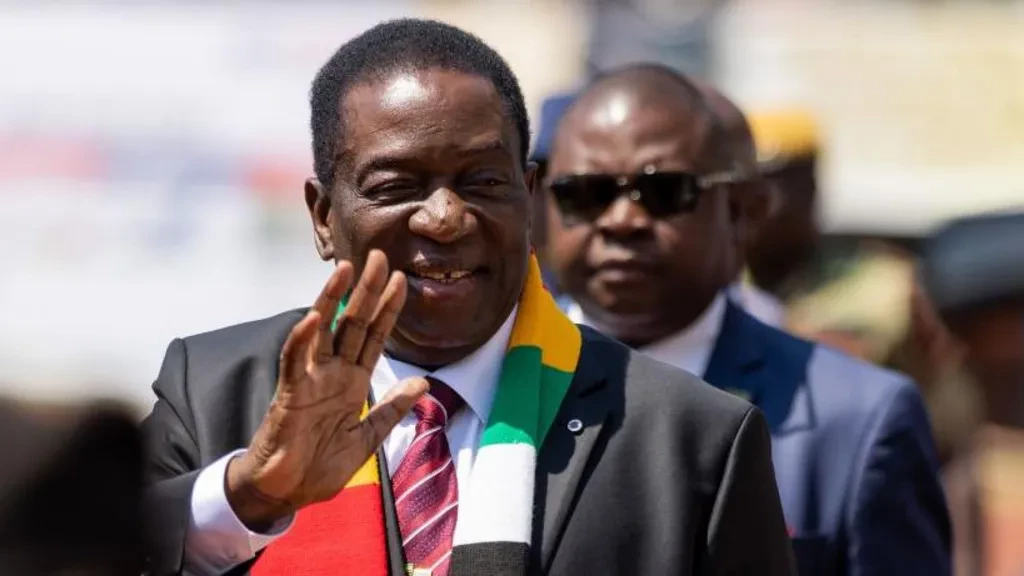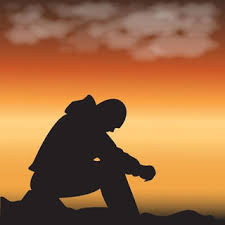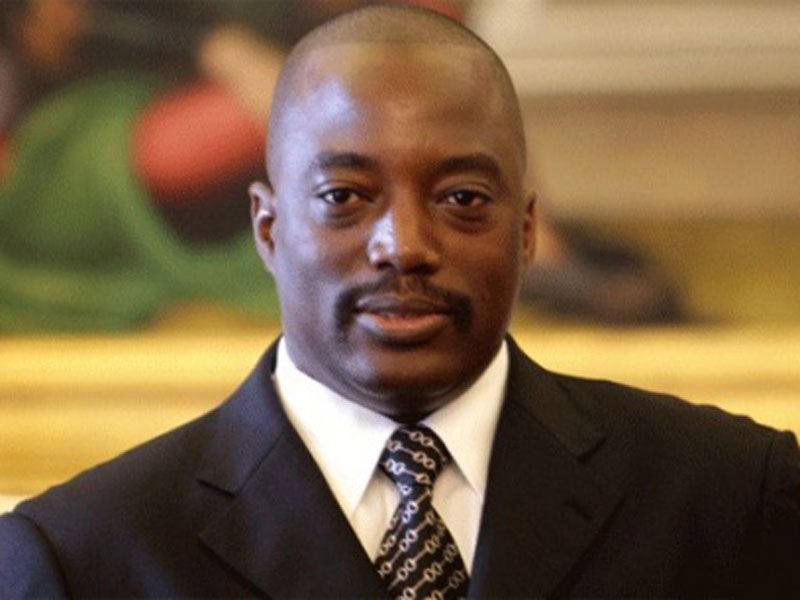
The winds of change may blow in several directions across Africa this year, as a host of countries prepare for elections.
By Mohamed M Diatta
But a change in power isn’t always synonymous with change in governance.
In Africa, very often, a new face in power doesn’t signal change of the system of governance.
The continent is set for a busy 2018 electoral year.
In the past, presidential, legislative, or local elections, or a combination, have had a destabilising if not devastating effect due to pre and post-election transparency issues and accompanying protests, violence and political instability. But when conducted well, elections have also brought hope for a better future. Ghana and Benin are good examples. The year ahead won’t be any different.
On the one hand, the expected end of Joseph Kabila’s tenure in the Democratic Republic of Congo (DRC) might bring momentous change to the country. On the other, it’s more difficult to foresee better days for South Sudan. Others might also depart before elections.
Early departures?
- Chamisa under fire over US$120K donation
- Mavhunga puts DeMbare into Chibuku quarterfinals
- Pension funds bet on Cabora Bassa oilfields
- Councils defy govt fire tender directive
Keep Reading
In South Africa, President Jacob Zuma resigned last week.
He had come under increasing pressure to do so following the December election of Cyril Ramaphosa as president of the African National Congress, and the future president of the country.
And seven years after the Jasmine Revolution that ousted the regime of Zine El Abidine Ben Ali, Tunisians are back on the streets.
The wave that took away Ben Ali now threatens to sweep the government of Beji Caid Essebsi.
Presidential seats at stake
The DRC has added more instability to its already complex situation.
The country has been embroiled in a political and institutional crisis since Joseph Kabila extended his term in office, after failing to amend the constitution to remove the disposition preventing him from running for a third term.
He has twice postponed presidential elections, despite signing the December 2016 agreement, whose main clause was to have presidential and legislative elections held by December 2017.
Kabila’s failure to hold elections by the December 2017 deadline has led to mounting national protests, which the regime has crushed.
Increasing national and international pressure might see Kabila out in 2018 unless he amends the constitution.
In Cameroon, Paul Biya, 85, in power since 1982, should be up for re-election in October.
Although there is no indication he will relinquish power, he has faced dissensions and separatist claims from so-called Anglophone Cameroon and is believed to have ill-health. The current lack of succession plans, if Biya does not run, leave room for speculation and uncertainty.
In Madagascar, concern reigns in the run-up to the presidential election at the end of this year, which should see incumbent Hery Rajaonarimampianina face up his two predecessors Marc Ravalomanana and Andry Rajoelina. The island, with a tumultuous history, has been prey to institutional instability since 2001. There are fears this will happen again.
Three countries, South Sudan, Libya and Mali, plagued by instability for some years, are expected to hold presidential elections this year.
Strong uncertainties prevail in South Sudan and Libya, where negotiations for peaceful settlements have yielded little tangible results.
In Mali, the government doesn’t control large parts of its territory and is not immune to terrorist attacks. No surprise will come from Cairo where, Abdel Fattah Al Sisi, will certainly be re-elected president of a country he now controls unchallenged.
Like Togo, Gabon experienced a similar “transition” from father Omar Bongo, who died in power in 2009 after 42 years of rule, to his son Ali Bongo, who replaced him that year.
Once a haven of peace in an unstable Central African region, Gabon has tumbled into a serious crisis since the highly contested presidential election in 2016, which was marred by widespread fraud and deadly repression.
Jean Ping, leader of the opposition and former chairperson of the African Union Commission, continues to claim victory.
The hardening of the Libreville regime has recently resulted in a constitutional amendment that the opposition characterises as a “monarchisation” of power.
Legislative elections planned for this year will certainly be a turning point for the country.
In Guinea Bissau, the power of José Mario Vaz is in troubled waters, with the appointment of a seventh prime minister since 2014.
The opposition has decried the president for overstepping his constitutional prerogatives by monopolising power, in violation of the Conakry agreement signed in 2016, under the aegis of the regional west African body.
Vaz runs the risk of sanctions, in which case he would definitively lose the support of the organisation and the protection of the regional troop deployment.
This would precipitate his departure and could plunge the country into chaos, in a state that has mostly known military coups and instability.
Ghana setting the pace
Over the past 20 years, since the John Kufuor presidency, Ghana has epitomised democracy south of the Sahara (aside from South Africa).
Its institutional stability and peaceful transitions of power are commendable.
What the continent needs most are strong institutions, which will only come about with a regeneration of its leadership as well as its political class.
This renewal must be rooted in a paradigm shift as embodied with determination, class and panache by Ghanaian President Nana Akufo Addo. Mohamed M Diatta is a PhD candidate and lecturer in political science and international relations. This article initially appeared in The Conversation


